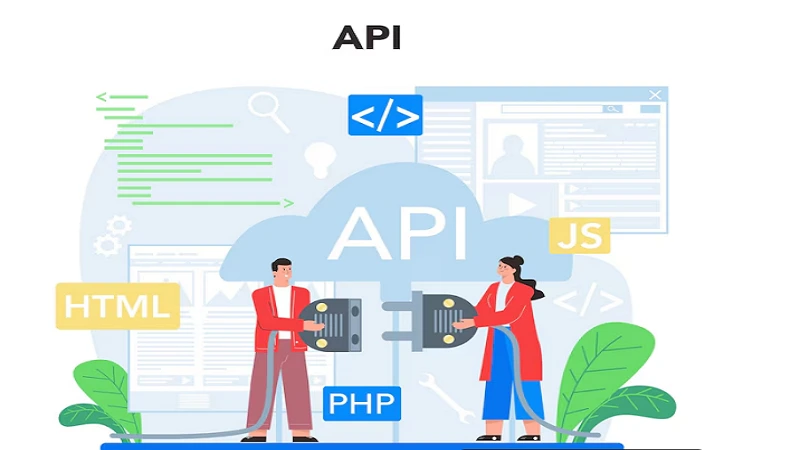This article delves into the details of the Kankakee Mugshot Zone, exploring its purpose, controversies, and implications for the broader community.
Understanding the Concept of Mugshot Zones
What Is a Mugshot Zone?
A mugshot zone typically refers to a database or platform where mugshots of individuals arrested within a specific jurisdiction are publicly displayed. These platforms often include information such as the individual’s name, charges, and arrest date. They are maintained by law enforcement agencies or third-party websites and are intended to provide transparency and accountability.
In the context of Kankakee County, the mugshot zone serves as a repository of arrest records that can be accessed by members of the public, journalists, and legal professionals.
Purpose and Utility
The primary purpose of the Kankakee Mugshot Zone is to promote transparency in law enforcement activities. It allows:
- Public Awareness: Residents can stay informed about arrests and criminal activities in their area.
- Accountability: Public access to these records ensures that law enforcement agencies operate with transparency.
- Legal and Professional Use: Attorneys and legal professionals use such databases to gather information for their cases.
The Controversies Surrounding Mugshot Zones
While mugshot zones like the one in Kankakee serve a legitimate purpose, they are not without controversy. The availability of arrest records in the public domain has sparked debates over issues such as privacy, misinformation, and the potential for misuse.
Privacy Concerns
One of the most significant criticisms of mugshot zones is the potential violation of individual privacy. Even though arrest records are public information, publishing mugshots online can have long-lasting consequences for individuals who have not been convicted of a crime. These records can:
- Damage Reputations: A person’s arrest, regardless of the outcome, can negatively impact their professional and personal life.
- Create Stigma: Mugshots often carry a social stigma, even if the charges are dropped or the individual is acquitted.
Ethical Dilemmas
The ethical implications of maintaining public mugshot databases are complex. Critics argue that such platforms:
- Exploit Vulnerabilities: Some third-party websites demand payment to remove mugshots, creating a system of exploitation.
- Perpetuate Bias: Mugshot zones may disproportionately highlight individuals from certain demographics, reinforcing societal biases.
Legal Ramifications
In recent years, there have been legal challenges against mugshot databases, with courts questioning whether they serve the public good or infringe on individual rights. Laws in some states now restrict the publication of mugshots for non-convicted individuals, a move aimed at protecting privacy.
Kankakee Mugshot Zone in the Digital Age
The digital age has transformed the way public records, including mugshots, are accessed and shared. In Kankakee County, the transition to online platforms has made it easier for residents to obtain information but has also amplified concerns about misuse.
Online Accessibility
Websites dedicated to the Kankakee Mugshot Zone make it possible for anyone with an internet connection to view arrest records. While this enhances accessibility, it also means that sensitive information is more widely disseminated, increasing the potential for harm.
The Role of Social Media
Social media platforms have further complicated the discussion around mugshot zones. Arrest records from Kankakee County are sometimes shared on social media, leading to public shaming and harassment. This phenomenon, often referred to as “digital vigilantism,” highlights the unintended consequences of making such records easily accessible.
The Debate Over Reform
The controversies surrounding mugshot zones have sparked calls for reform. Advocates suggest several measures to balance transparency with privacy:
- Restricting Access: Limiting public access to mugshots unless an individual is convicted could protect privacy while maintaining transparency.
- Improved Context: Providing additional information, such as case outcomes, can help prevent misunderstandings and reduce stigma.
- Legislative Action: Enacting laws that regulate the publication and use of mugshots can help address ethical and legal concerns.
Community Impact
Benefits of Transparency
Despite the controversies, the Kankakee Mugshot Zone provides tangible benefits for the community. By keeping residents informed about arrests and criminal activities, it fosters a sense of accountability and safety.
Challenges to Address
However, these benefits must be weighed against the challenges of protecting individual rights and ensuring that public records are used responsibly. The community’s role in advocating for fair practices is crucial in shaping the future of the Kankakee Mugshot Zone.
Conclusion
The Kankakee Mugshot Zone serves as a powerful example of the complex interplay between transparency and privacy. While it offers valuable insights into law enforcement activities and promotes accountability, it also raises important questions about ethics, fairness, and the potential for misuse.
As the digital age continues to evolve, striking a balance between public access and individual rights will be essential. By addressing the challenges associated with mugshot zones and implementing thoughtful reforms, Kankakee County can set an example for responsible and ethical management of public records.










